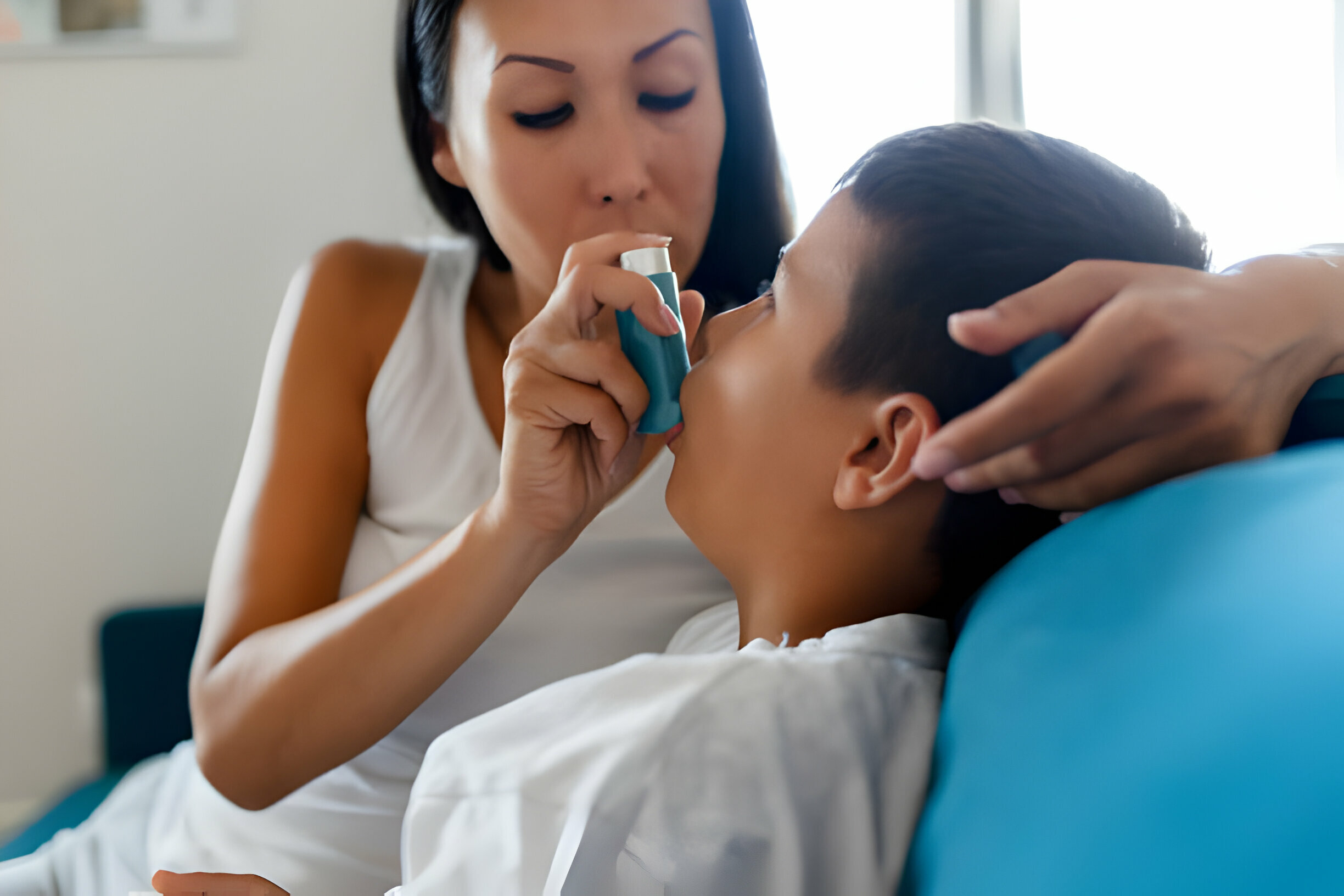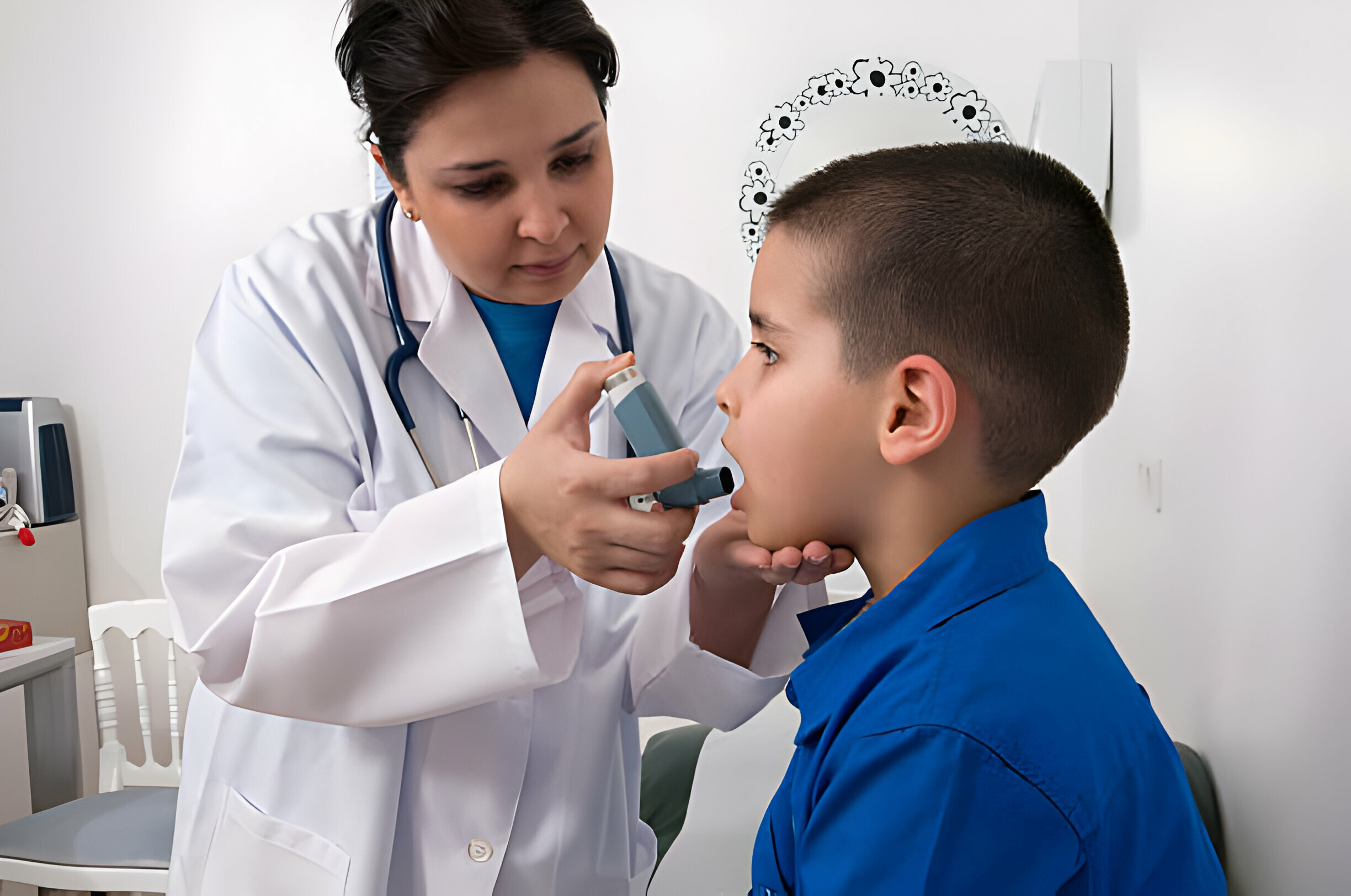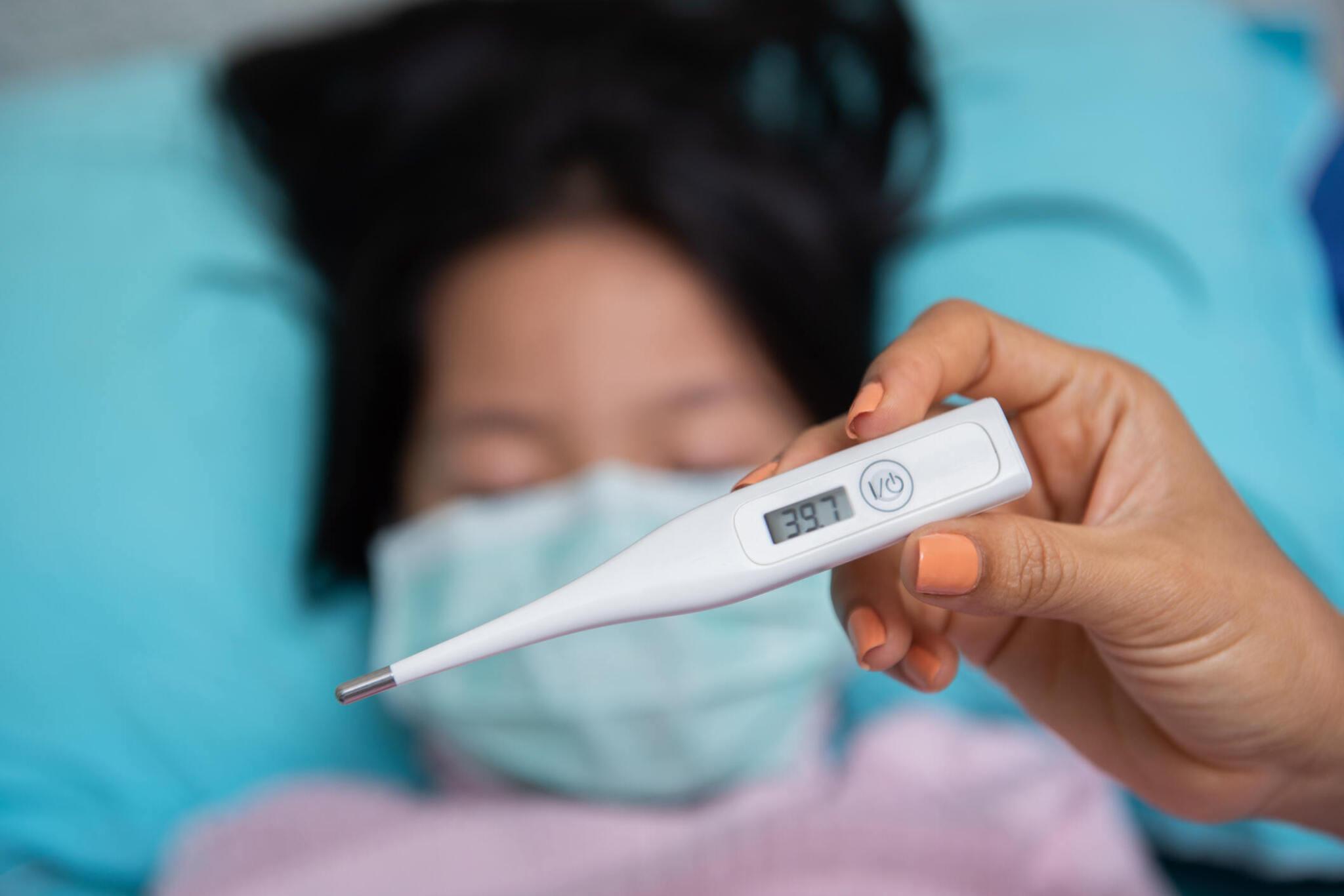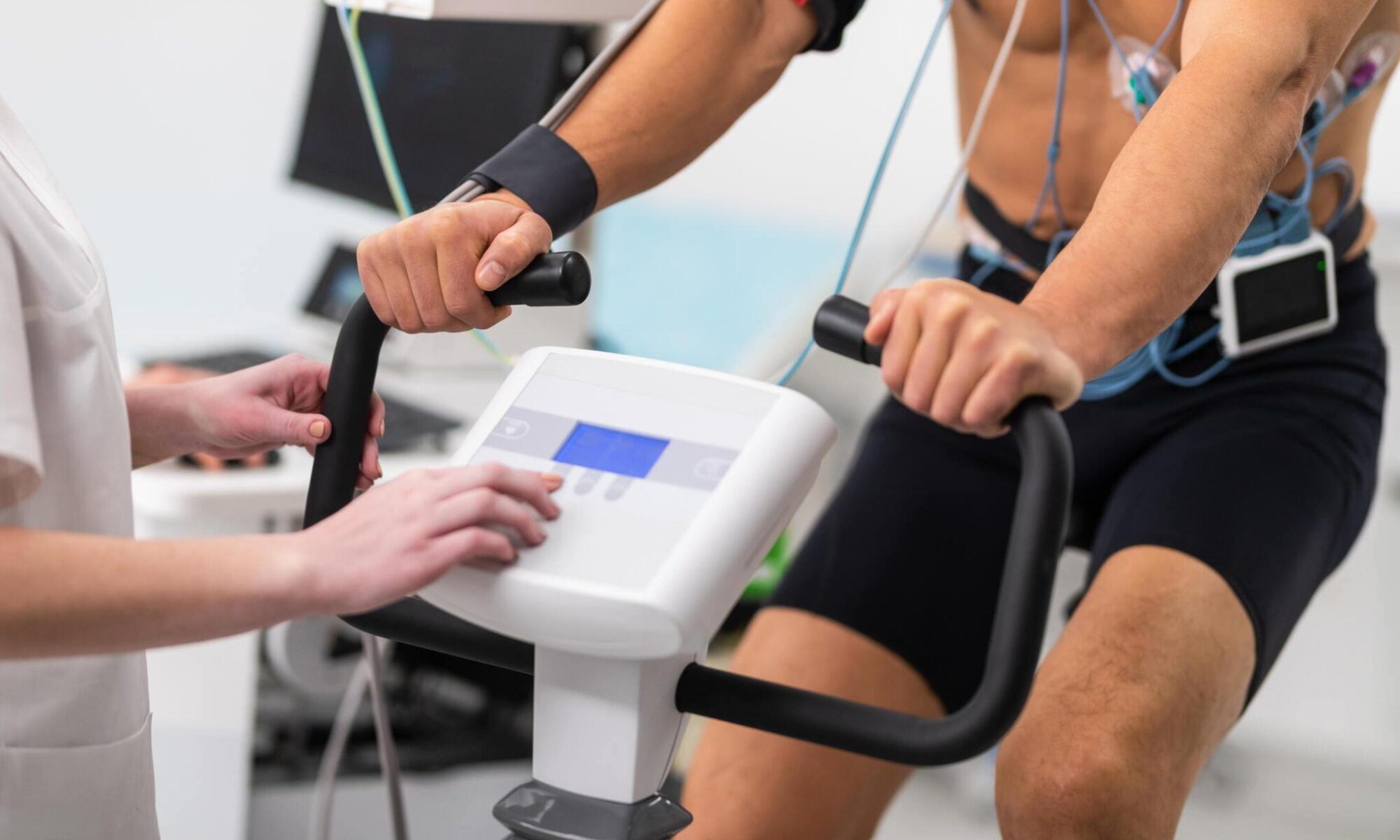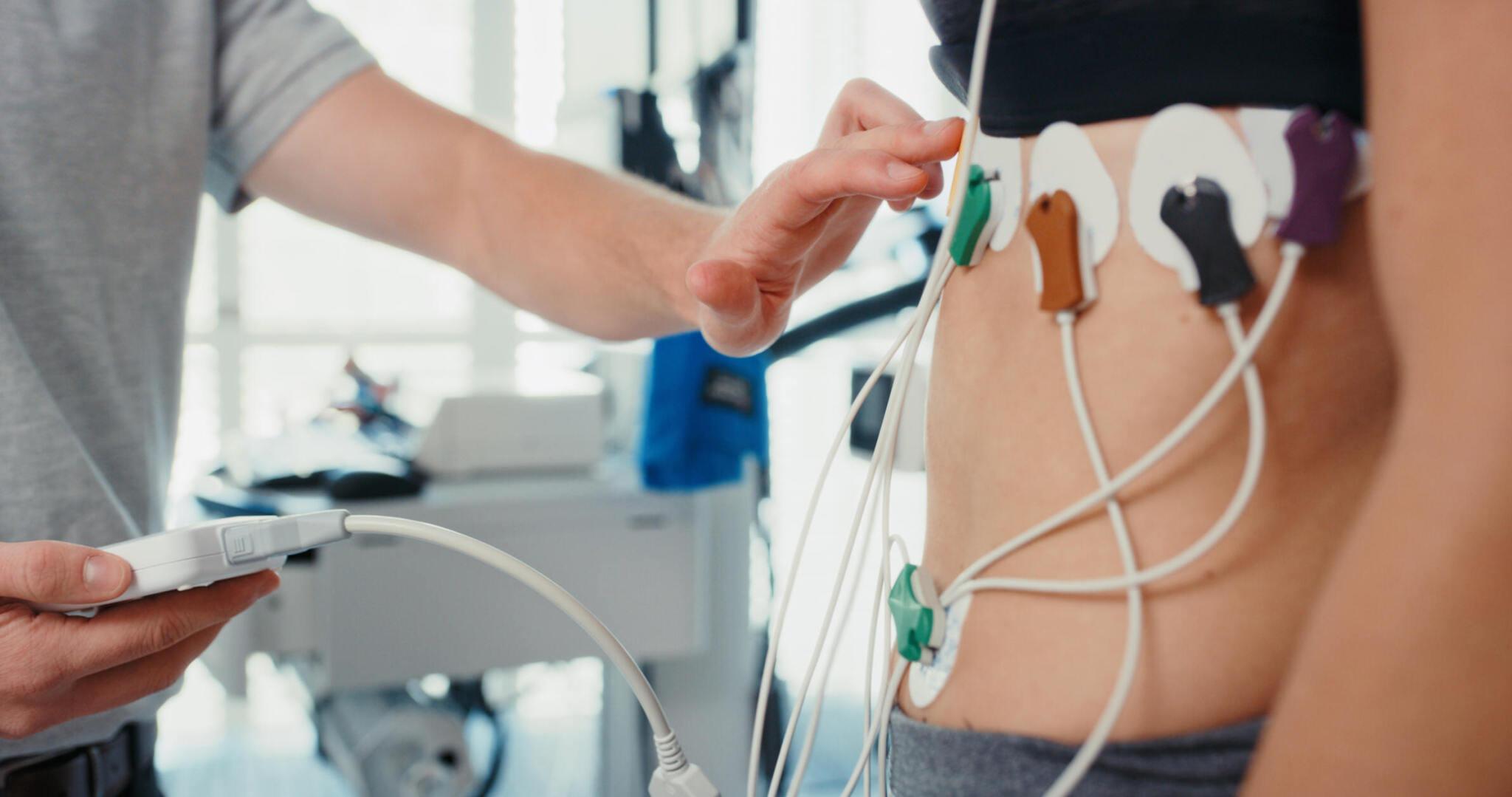
How to Know When Your Baby Needs Urgent Care for Rashes
In the delicate world of parenthood, few things can spark concern as quickly as a rash on your baby’s skin. As a parent, you’re bound to encounter a myriad of rashes during your baby’s early years, ranging from benign to potentially serious. The challenge lies in deciphering whether a rash warrants a trip to urgent care in West Hartford, CT, or if it’s a situation that can be managed at home. This comprehensive guide will equip you with the knowledge to navigate this often perplexing decision, ensuring your baby’s skin health remains a top priority.
What are Baby Rashes?
Baby skin, while incredibly soft and sensitive, is also prone to rashes. From the notorious diaper rash to the red patches of eczema, rashes can have multiple causes. Allergies, irritants, infections, and genetic predisposition can trigger these skin anomalies, leaving parents perplexed about whether they should rush to urgent care in West Hartford, CT, or adopt a wait-and-watch approach. Recognizing the underlying cause of a rash is the first step toward making an informed decision.
The Difference Between Mild and Urgent Rashes
Before panic sets in, it’s essential to understand that not all rashes are created equal. Some rashes are mild and require little more than primary care and patience. On the other end are rashes that demand urgent medical attention. To assist you in distinguishing between the two, let’s delve into the characteristics that set them apart.
Mild Rashes
Mild rashes in babies typically manifest as subtle redness accompanied by small, barely noticeable bumps. These rashes bring about minimal discomfort to your little one. Fortunately, they often respond positively to gentle care that can be administered at home, eliminating the need for a trip to an urgent care facility in West Hartford, CT. Employing soothing measures and minding your baby’s hygiene can often resolve these mild rashes effectively.
Urgent Rashes
When it comes to urgent rashes, the situation becomes more pressing and demands immediate attention. These rashes go beyond being a mere inconvenience, displaying characteristics such as pronounced redness, significant swelling, formation of blisters, discharge, and severe itching. These alarming symptoms are clear indicators that the rash requires prompt medical intervention. Ignoring the urgency and delaying a visit to urgent care could worsen the condition, amplifying the discomfort and complications associated with the rash. Given the severity of the symptoms, seeking timely medical help becomes paramount to prevent any escalation of the problem.
When to Seek Urgent Care for Baby Rashes
Amidst the sea of uncertainty, specific signs emerge as red flags indicating a trip to urgent care in West Hartford, CT, is not just advisable – it’s imperative.
Fever and Rash Combo
If your baby is sporting a rash with a high fever, this could signal an underlying infection. Urgent care professionals are equipped to assess the situation and provide the necessary treatment.
Rapid Deterioration
Has the rash escalated in intensity within a short span? If so, this rapid progression suggests that urgent care intervention is necessary to prevent complications.
Spreading Spots
A rash that starts in one area and quickly spreads to others might point to a contagious condition that requires immediate medical attention.
Fluid-filled blisters and Pus
Rashes accompanied by fluid-filled blisters or pus indicate the presence of infection. This warrants an urgent care visit to prevent the infection from worsening.
Discomfort and Irritability
If your baby is showing signs of pain, discomfort, or unusual irritability alongside the rash, seeking medical assistance is recommended to ensure their well-being.

Why Urgent Care Matters for Your Baby’s Rash
Timely Assessment
Urgent care centers provide swift assessments of medical conditions. This includes your baby’s rash, where prompt evaluation is essential to determine the severity and appropriate course of action.
Diagnosis Expertise
Urgent care professionals possess the expertise to diagnose various medical issues, including rashes. Their familiarity with common skin conditions allows for accurate identification and tailored treatment plans.
Efficient Treatment
Urgent care facilities are well-equipped to treat non-life-threatening conditions such as mild to moderate rashes. This ensures that your baby receives timely care without enduring the extended wait times associated with emergency rooms.
Avoiding ER Crowds
By opting for urgent care instead of an emergency room for your baby’s rash, you receive efficient care and help alleviate the congestion often witnessed in emergency rooms. This allows medical staff in both settings to prioritize cases based on severity.
Preventing Escalation
Addressing urgent medical concerns promptly can prevent minor issues from escalating into more complicated problems. In the case of your baby’s rash, immediate attention from urgent care professionals can lead to faster relief and a decreased risk of complications.
Comfortable Environment
Urgent care centers are designed to offer a comfortable and family-friendly environment. This becomes especially crucial when considering the well-being of your baby. The warm and welcoming atmosphere of urgent care settings can help ease any anxiety or apprehension your child might have, making the experience less daunting for both them and you as a parent.
Collaborative Care Approach
Urgent care facilities often operate with a collaborative approach to healthcare. This means that the medical professionals at these centers work together to examine your baby’s rash from different perspectives thoroughly. This multifaceted assessment can lead to more accurate diagnoses and comprehensive treatment plans tailored to your child’s needs.
Educational Resources
Urgent care centers focus on immediate medical intervention and provide valuable educational resources. These resources can include guidance on managing and preventing future rashes and information on when to seek further medical attention if necessary.
Follow-up Care
Some urgent care centers offer follow-up care options once your baby’s rash has been assessed and treated. These may include scheduled check-ins or consultations to monitor the progress of the rash and ensure that the treatment plan effectively addresses the issue.
Convenient Accessibility
Urgent care facilities in West Hartford, CT, are strategically located and easily accessible, ensuring you can swiftly reach medical assistance when your baby needs it most. This accessibility factor becomes especially advantageous when time is of the essence and seeking immediate care is a top priority.
Home Remedies for Mild Rashes
Providing tender loving care (TLC) at home can sometimes prove effective in cases of mild rashes. Initiating a regimen of gentle yet proactive steps can contribute to your baby’s comfort. These steps include:
Prioritizing Hygiene
One of the cornerstones of managing a rash involves diligently maintaining cleanliness in the affected area. Ensuring the skin remains free from dirt and impurities is a fundamental step to avert any potential worsening rash.
Embracing Dryness for Healing
The significance of maintaining dry skin cannot be overstated when dealing with a rash. By keeping the affected area dry, you create an environment less conducive to the growth of irritants, fostering a more conducive atmosphere for the healing process to unfold.
Nurturing Gentle Skin Products
Making a conscious choice to utilize skin products that are both mild and hypoallergenic contributes significantly to the healing journey. These products play a dual role by preventing further irritation and actively promoting the body’s natural healing mechanisms.
Comfortable Attire for Skin Wellness
Dressing your baby in loose-fitting garments serves as a strategic approach in the battle against rash-related discomfort. Choosing loose attire minimizes unnecessary friction against the affected skin, enabling it to breathe freely and recover easily.
Vigilant Progress Tracking
As you embark on these at-home care techniques, closely monitoring the evolution of the rash becomes paramount. This vigilant observation serves as an indicator of the efficacy of your do-it-yourself (DIY) efforts. Positive progress is reassuring and validates the effectiveness of the strategies you’ve implemented.

Common Baby Rashes That Demand Urgent Care in West Hartford, CT
❌ Impetigo
Impetigo is a profoundly contagious bacterial infection that demands immediate medical intervention to curtail transmission. The rapid spread of this infection makes swift medical attention crucial to prevent its dissemination and facilitate a swift recovery.
❌ Hives with Breathing Difficulties
If you observe hives on your baby’s skin accompanied by breathing difficulties, seeking urgent medical care is of utmost importance. The presence of hives can be indicative of an allergic reaction. The situation can deteriorate rapidly when coupled with respiratory distress, necessitating prompt intervention to ensure the child’s well-being.
❌ Skin Infections
The manifestation of rashes characterized by the presence of pus, along with redness and increased warmth in the affected area, may signify a potential bacterial or fungal infection. Such instances require the expertise of a healthcare professional for accurate diagnosis and appropriate treatment. Timely medical attention is imperative to address the infection and prevent its worsening effectively.
❌ Severe Eczema Flare-Ups
Eczema, a chronic skin condition, can occasionally experience severe flare-ups that demand urgent medical care for optimal management. When eczema reaches a point of intense exacerbation, it can greatly impact the individual’s quality of life. Seeking immediate medical attention during such flare-ups is vital to alleviate discomfort, prevent complications, and implement strategies for effective long-term management.
Steps to Take When Visiting an Urgent Care for Your Baby’s Rash
Gather Essential Information
Before making your way to urgent care in West Hartford, CT, it’s important to gather crucial details concerning your baby’s medical history, any known allergies, and the symptoms they are currently experiencing. This readily available information will aid the medical team in conducting a comprehensive assessment and making informed decisions about your baby’s care.
Clear Communication
When you arrive at the urgent care facility, be ready to provide a clear and comprehensive description of the rash your baby is experiencing. Include details about the rash’s appearance, color, texture, and size.
Additionally, note how long the rash has been present and any other symptoms that might be accompanying it. The more detailed and accurate your information, the better equipped the healthcare professionals will be to establish an accurate diagnosis and formulate an effective treatment plan.
Participate Actively
While the medical professionals will take the lead in evaluating your baby’s condition, your active participation as a parent is highly valuable. Don’t hesitate to ask questions about the diagnosis, treatment options, and potential outcomes. Seeking clarification on medical terms or recommendations you don’t understand is crucial in ensuring you are fully informed and comfortable with the proposed course of action. Your involvement will contribute to the overall quality of care your baby receives and help you make informed decisions regarding their well-being.

Factors to Consider for Selecting a Reputable Urgent Care Facility
When searching for a reputable urgent care facility in West Hartford, CT, such as DOCS Urgent Care – West Hartford, several important factors should be taken into consideration to ensure you receive the best possible care:
✔️ Medical Staff Qualifications
Research the qualifications and credentials of the medical staff working at the urgent care center. Ensure that the doctors, nurses, and other healthcare professionals are licensed, experienced, and well-trained to provide a high standard of medical care.
✔️ Accreditation and Licensing
Verify whether the urgent care facility is accredited by relevant healthcare organizations and if it meets the necessary state and local licensing requirements. Accreditation indicates adherence to certain quality and safety standards.
✔️ Range of Services
Assess the range of medical services the urgent care center offers. A reputable facility should be equipped to handle various non-life-threatening medical conditions and injuries, from minor illnesses to minor fractures.
✔️ Availability and Accessibility
Consider the operating hours of the urgent care facility. Choose a center with convenient hours that align with your schedule. Additionally, check its location and accessibility, ensuring it’s easy to reach in emergencies.
✔️ Wait Times
Research or inquire about the average wait times at the urgent care center. Shorter wait times can be essential, especially when seeking prompt medical attention for urgent but non-life-threatening issues.
✔️ Patient Reviews and Feedback
Read online reviews and testimonials from previous patients to gain insights into their experiences. Positive reviews regarding the quality of care, staff professionalism, and overall patient satisfaction can indicate a reputable facility.
✔️ Insurance Acceptance
Check whether the urgent care facility accepts your health insurance plan. This can help you avoid unexpected financial burdens and ensure that your medical expenses are covered.
✔️ Cleanliness and Hygiene
The cleanliness and hygiene of the facility are crucial indicators of its commitment to patient safety and infection control. A well-maintained and sanitary environment is essential for maintaining health standards.
✔️ Technological Capabilities
A reputable urgent care center should have up-to-date medical equipment and technology to facilitate accurate diagnoses and effective treatments.
✔️ Referral Network
If your condition requires specialized care beyond the scope of urgent care, inquire about the facility’s network of referrals to other medical providers or specialists.
✔️ Communication and Customer Service
Assess the level of communication and customer service the staff provides. A reputable urgent care center should prioritize clear communication, empathy, and patient education.
✔️ Follow-Up Care
Inquire about any follow-up care or recommendations that might be provided after your visit. A reputable facility will offer guidance on managing your condition post-visit and information on when to seek further medical attention.
Empower Your Decisions for Your Baby’s Healthy Skin Today!
Navigating the waters of baby rashes can be overwhelming, but armed with knowledge, you can confidently make decisions that prioritize your baby’s skin health. Urgent care in West Hartford, CT, supports you when rashes raise concerns. Remember, seek professional guidance when in doubt—your peace of mind and your baby’s health depend on it.
If you’re in West Hartford, CT, and need urgent care for your baby’s rash, contact DOCS Urgent Care – West Hartford to ensure your little one gets the care they deserve. Don’t forget to share this informative guide with fellow parents facing the rash dilemma—let’s prioritize baby skin health!
Recent Posts
- Top 6 Home Remedies for Tick Bites and When to Seek Urgent Care in Norwalk, CT
- 4 Best Sleeping Positions for Sinusitis Relief: Insights from Urgent Care in Stamford, CT
- 10 Tips for Managing Nausea During Pregnancy: Advice from a Primary Care Doctor in West Hartford, CT
- 6 Essential Steps to Take After a Scorpion Sting – Advice from a Primary Care Doctor in Bridgeport, CT
- 10 Warning Signs That Your Child’s Vertigo Requires Medical Attention from a Primary Care Doctor in Danbury, CT
Categories










